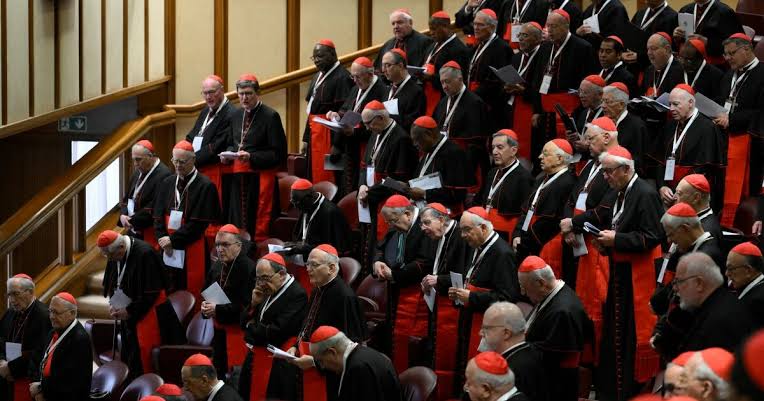The Vatican announced Monday that the conclave to elect a new pope will begin on May 7, following the death of Pope Francis on April 21 at the age of 88.
Cardinals under the age of 80, known as the “Princes of the Church,” will gather in the Sistine Chapel to begin the highly secretive voting process to choose the next leader of the world’s 1.4 billion Catholics.
The decision on the date was made during a general congregation of cardinals, which convened two days after Francis’s funeral. A total of 252 cardinals have been summoned to Rome, though only 135 are eligible to vote in the conclave.
Many of the cardinals are meeting for the first time and have already participated in four general congregations last week to get better acquainted. Cardinal Gualtiero Bassetti, 83, described the mood as “beautiful” and “fraternal,” though he acknowledged the challenges posed by the large and diverse group.
The Sistine Chapel was closed to visitors on Monday to begin preparations for the conclave, where votes will take place beneath Michelangelo’s iconic ceiling frescoes. Speculation about possible successors remains wide open.
Spanish Cardinal Jose Cobo commented, “If Francis was the pope of surprises, this conclave will be too.”
Francis was buried on Saturday at Santa Maria Maggiore Basilica in Rome, drawing over 400,000 mourners, including global leaders and pilgrims. His choice to be buried outside the Vatican reflected his identity as the “pope of the poor.”
Frontrunners and Expectations
Among the speculated frontrunners is Italian Cardinal Pietro Parolin, who served as Francis’s secretary of state. Other contenders include Filipino Cardinal Luis Antonio Tagle, Ghana’s Cardinal Peter Turkson, Guinea’s Cardinal Robert Sarah, and Archbishop Matteo Zuppi of Bologna.
While Francis’s progressive reforms endeared him to many, they also faced resistance, particularly among conservative circles in the United States and Africa.
Church historian Roberto Regoli noted the cardinals would likely seek a unifying figure amid growing polarization within Catholicism, predicting the conclave may not reach a decision quickly.
Notably, around 80% of the cardinal-electors were appointed by Francis, though that doesn’t guarantee a successor in his mold. Many are participating in a conclave for the first time.
Cardinal Dieudonne Nzapalainga of the Central African Republic emphasized the need for “a courageous leader” with a global vision, able to guide the Church through uncertain times.
Meanwhile, pilgrims like 68-year-old Patrizia Spotti expressed hopes for a pope similar to Francis. “The Church is in a difficult moment,” she said, referencing declining attendance and past abuse scandals.
Voting Process
The conclave will follow strict traditions and procedures, with up to four votes daily until a candidate achieves a two-thirds majority. Less than half of the eligible cardinals are European, reflecting the Church’s global reach.

